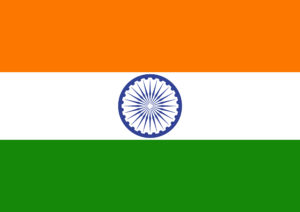 7 April 2023.
7 April 2023.
CLD has joined a letter calling on India to review and reform the legal and regulatory framework governing internet shutdowns in India. It notes that “(u)nfettered access for all to an open, secure, and reliable internet is vital to the protection of fundamental rights in India, and to ensure that the livelihoods of increasing millions of people in India dependent on digital services and a connected economy are not disrupted.”
The letter can be viewed at this link.



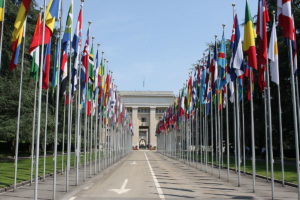 5 April 2023.
5 April 2023. 20 March 2023.
20 March 2023. 16 March 2023.
16 March 2023. 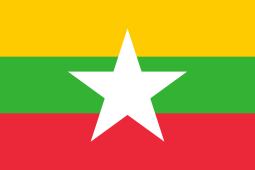 27 February 2023.
27 February 2023. 16 February 2023.
16 February 2023. 8 February 2023.
8 February 2023.
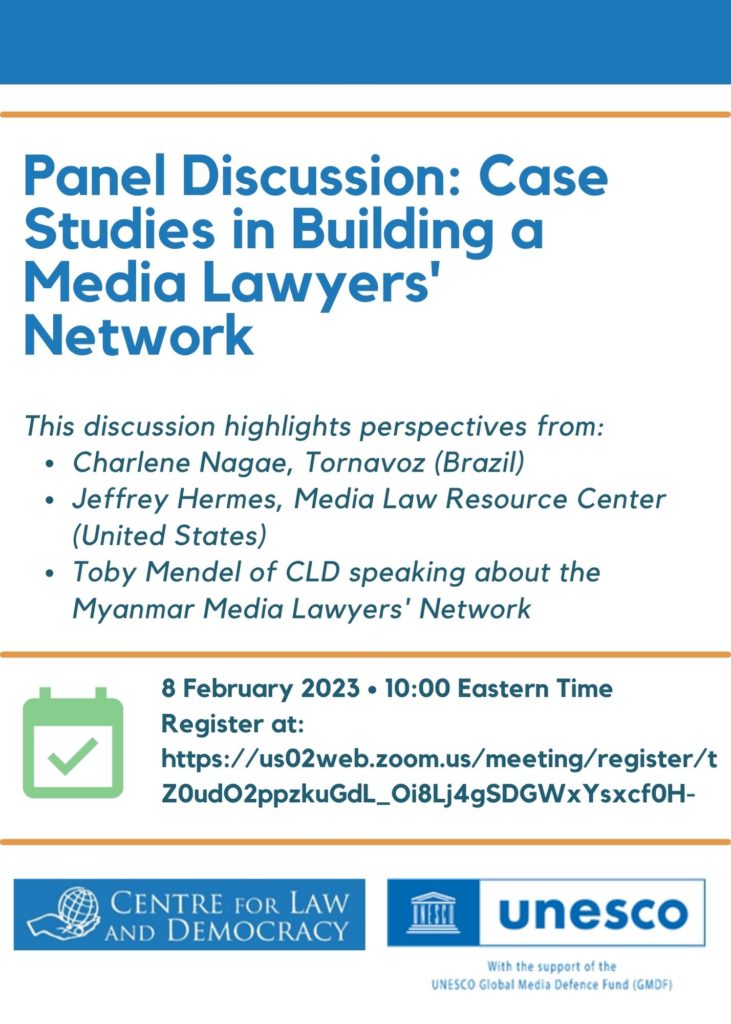
 17 January 2023.
17 January 2023.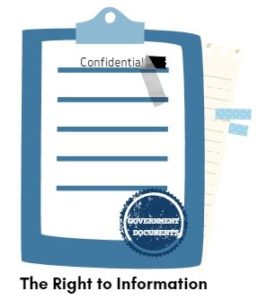 5 December 2022.
5 December 2022.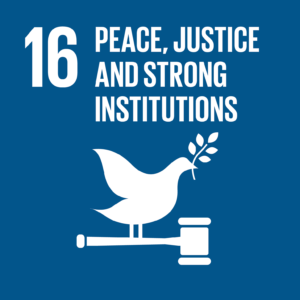 17 November 2022.
17 November 2022.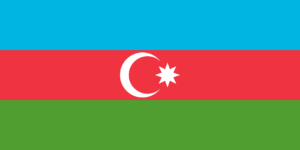
 28 September 2022.
28 September 2022. 